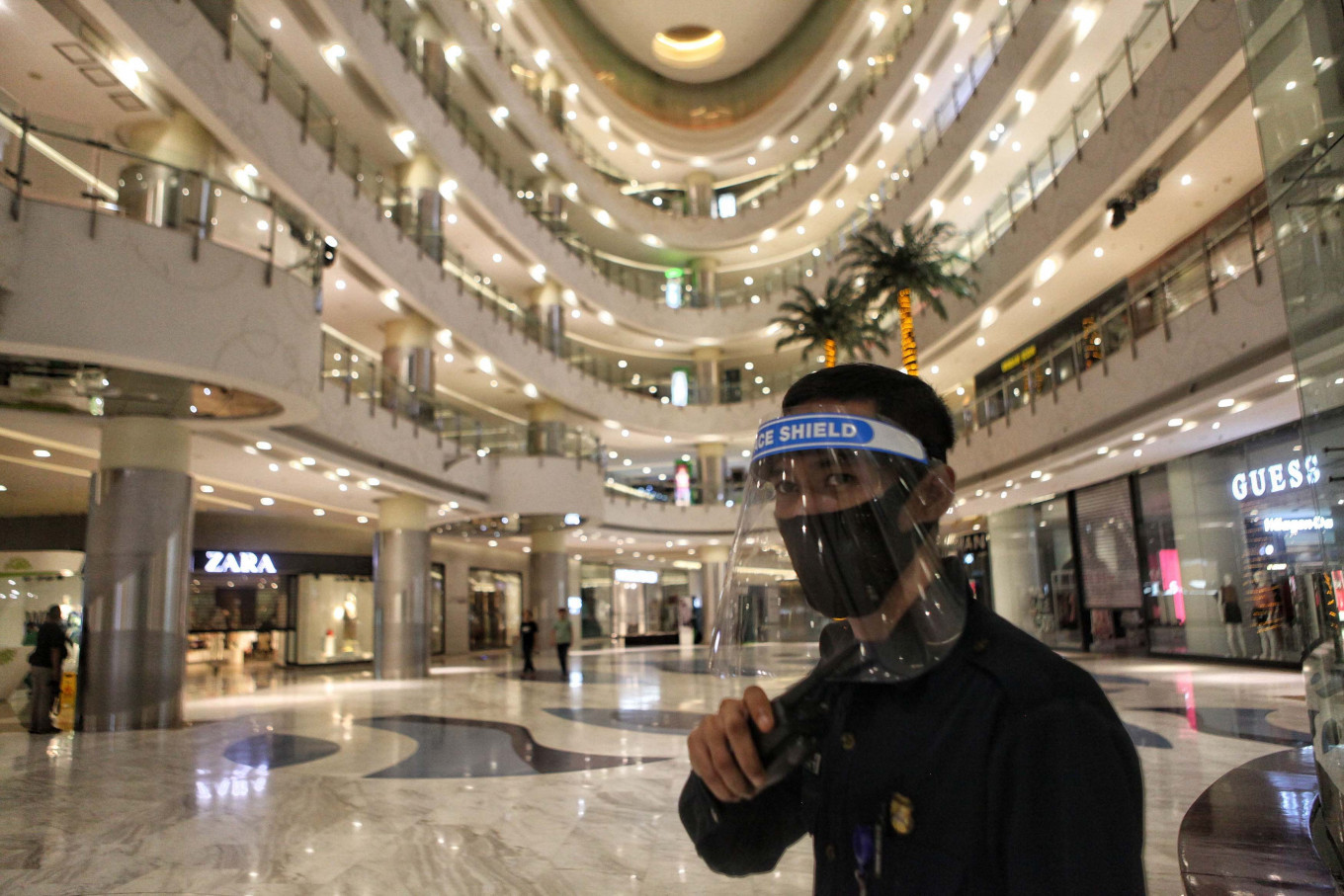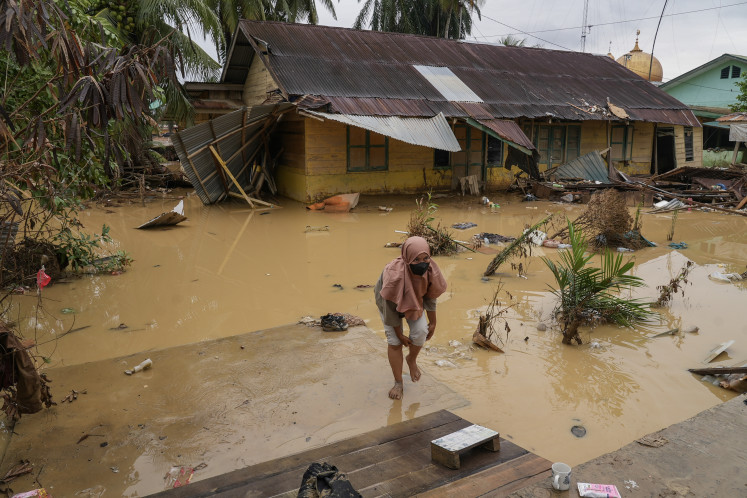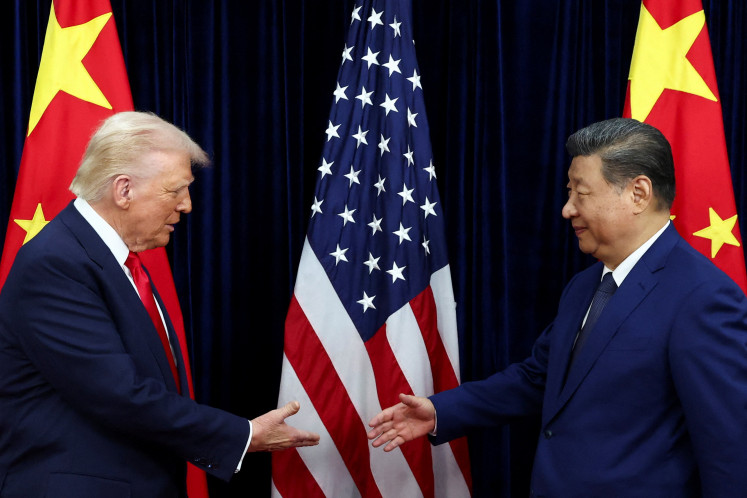Popular Reads
Top Results
Can't find what you're looking for?
View all search resultsPopular Reads
Top Results
Can't find what you're looking for?
View all search resultsProbing government loan-restructuring and liquidity assistance programs
The question that obviously arises is how effective will they be in reducing financial-sector liquidity risks in Indonesia?
Change text size
Gift Premium Articles
to Anyone
T
he impact of the COVID-19 pandemic on business has been massive, simultaneous and indiscriminate, affecting not only micro, small and medium enterprises (MSMEs) but also large corporations and even state enterprises. A wave of layoffs has occurred, and almost all sectors have experienced a decline in turnover, with many businesses facing temporary or permanent closure.
Objectively, the economic crisis caused by the pandemic has had an impact on all economic actors, whether individuals or businesses. Individuals who have been particularly badly affected include informal day laborers, online transportation drivers, street vendors and outsourced workers. Businesses that have been affected include ultra-micro businesses; micro, small and medium enterprises (MSMEs) and large corporations and financial institutions (bank and non-bank). Millions of MSMEs have been affected.
Likewise, hundreds or even thousands of non-MSMEs employing millions of workers have also been badly hit. A construction company building a skyscraper, for example, could employ up to 2,000 workers. A hotel with 400 rooms could employ 800 to 1,000 staff. Just one textile or footwear factory can employ 3,000 or 4,000 workers.
Read also: Indonesia’s COVID-19 budget changes again: What we know so far
The economic crisis precipitated by the pandemic is a global phenomenon. In the US, many listed corporations have applied to participate in the Paycheck Protection Program. According to CNN, 97 percent of businesses in the US employ less than 500 people. These companies can apply for liquidity assistance of up to US$10 million for 2 years with low interest.
In Singapore, the government provides soft loans to companies to subsidize 70 percent of their employees' salaries, while the companies only have to pay 30 percent of their salaries during the crisis. The loans are to be repaid by the companies after the crisis is over. All of this liquidity assistance is designed to prevent layoffs.
I will focus on two government programs that are intended to safeguard the national economy by maintaining the stability of the financial sector. The first policy encourages banks to restructure ultra-micro and MSME loans by subsidizing the loan interest that would otherwise be received by the bank, while the second involves the channeling of government liquidity assistance by participating banks to executing banks (Book I, II and III banks) that institute loan restructuring programs.


















